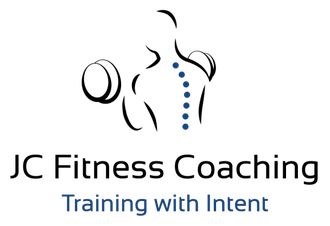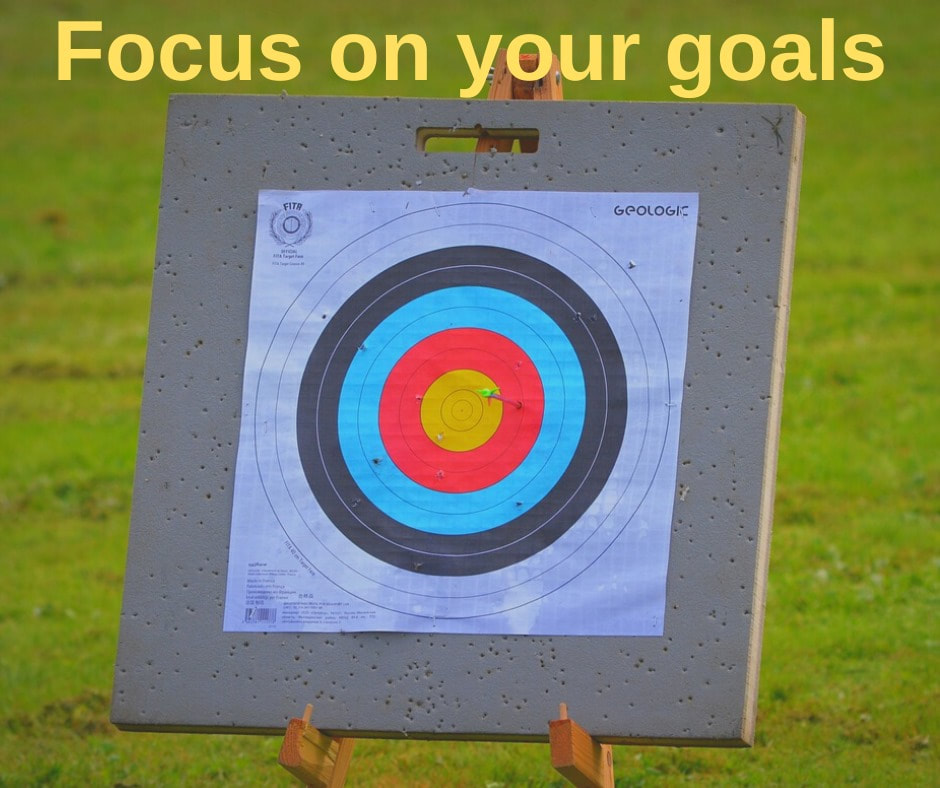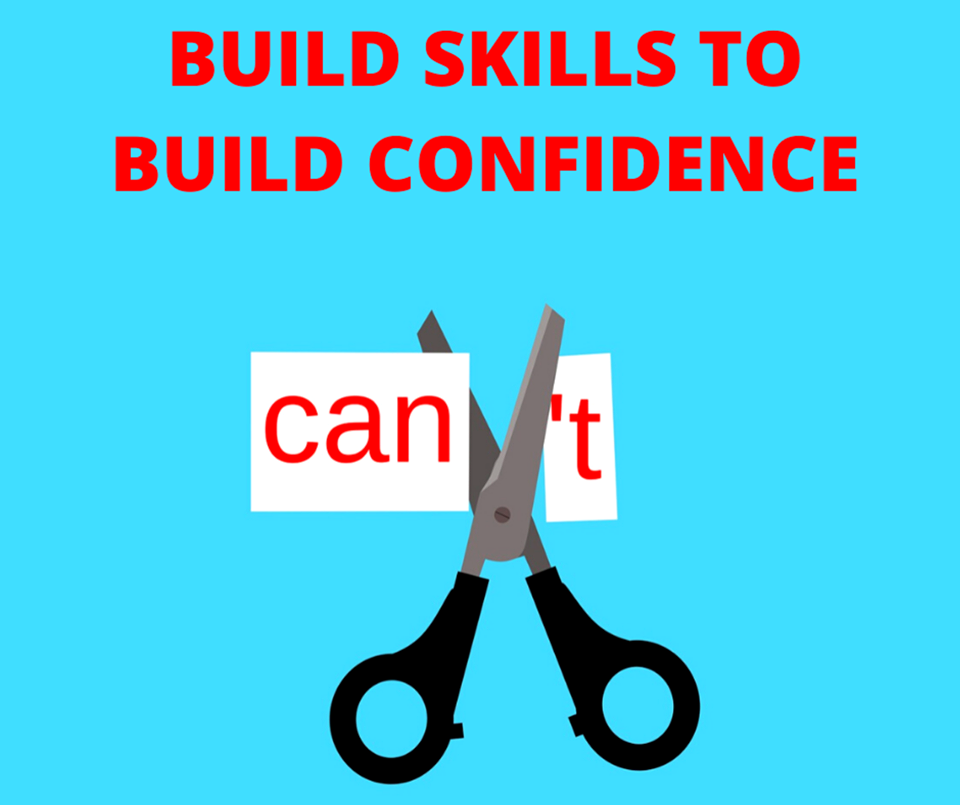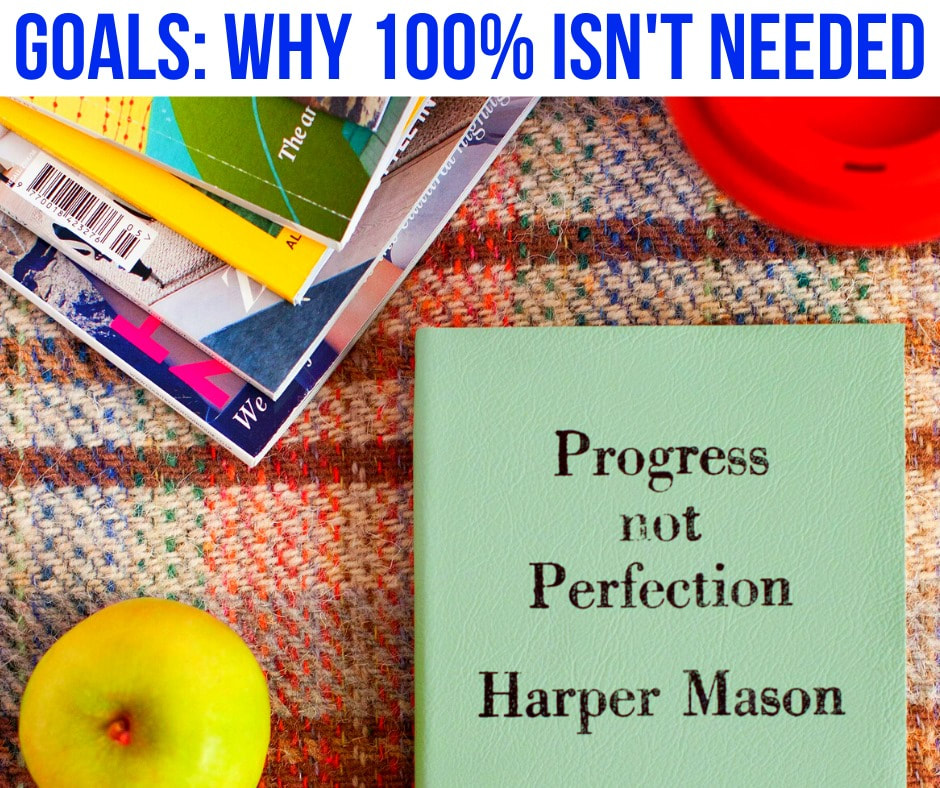|
Happy Valentine's Day!! This is the day where the cynical talk about marketing ploys, the couples enjoy coupley shenanigans and the singles order a pizza or something. However, having worked in a commercial gym for 5 years, I know that the attendance rapidly drops off after Feb 14th Coincidence? Anyway, it's a good time to revisit your goals so you don't let your progress for the past 7 / 8 weeks slip back to square one. The following was originally posted on my Facebook page and slightly amended for here. I won't start by telling you how to make a goal, those posts have been endlessly done by myself and others. Instead, I wanted to give a few practical tips on helping you to achieve the goals you've set. Most of the time we set ourselves an outcome based goal i.e. I want to lose 1 stone by March 1st. However, we don't spend much time thinking about HOW we're going to achieve that goal. Just kinda blindly groping around and hope for the best. By spending a few minutes thinking about HOW, it will focus you in the right direction. Let's take the most common type of goal - Weight Loss. Write your goal down somewhere and then ask yourself the following: "What habits must I do in order to achieve this goal?" List as many as you can and then pick what you feel are the top 3 - 5 habits to focus on. Common ones for weight loss are: 1) Drink more water 2) Workout 3 x a week 3) Sleep 7+ hours a night 4) Eat more healthily 5) Manage stress better Make a list and see what ideas you come up for your own goals. So you're breaking your 2020 goal or goals down into habits. Now asking what habits do you need to do to reach whatever goals you've set yourself. Using the weight loss goal example from above, you would say "in order to lose weight I need to workout 3 times a week and eat more healthily" What is often overlooked is how to actually get started with those habits in a way that doesn't overwhelm you and lead to you giving up. Often times, those main habits are a series of skills you need to learn. By building the skills to do the habits, you increase your competency and confidence. Confidence and competency improves your ability and willingness to stick to the habits because they no longer seem as difficult. To the point where they almost become second nature. I'll give you an some examples: 1) WORKING OUT You decide to join a gym because you would like to get fit. On your first day you walk into the gym and there's all this shiny new equipment you have absolutely no idea how to use. Even all the buttons and dials on the cardio equipment looks complicated AF. You jump straight into 30 minutes of running on the treadmill and after killing yourself for 5 minutes you collapse off it feeling like an asthmatic ant with some heavy shopping.* You then bounce around from machine to machine and you quickly realise you have no idea what you actually need to do in the gym and eventually you give up because you are not seeing the results and everything hurts for days afterwards. So what are some ways you could build the skills: 1) You could ask for an induction on how to use a few key pieces of equipment and cardio machines instead of everything all at once. 2) Practice on those handful of exercises until you feel confident you are using them correctly 3) Continue practicing and as the weight becomes easy, add more weight and/ or repetitions and / or sets. For cardio machines, as your fitness improves you could add 1 - 2 more minutes each week or increase the resistance of the machine. 4) When you start to get a little tired or bored of those exercises, switch 1 or 2 exercises out and then practice 1 or 2 more exercises. 5) Over time this builds your exercise library and your confidence when exercising - whether at home, in a class or at the gym. 6) Taking it a step further, you could then read basic articles about how to put together your own workouts - then devise little routines for yourself to follow. 7) **shameless plug** Hire a personal trainer to teach you more exercises and improve your strength and confidence further whilst taking you through custom workouts designed for you. 2) EATING HEALTHILY This is a very big, broad term. I think it's safe to say we all have a general idea of what it is and is not although there is some murkiness in it all. Like with the exercise example above, it's about building a series of skills to make eating healthy easier for you. It is also easy to be overwhelmed by lots of conflicting ideas and figuring out how to change what you're eating. I like to emphasise on building basic skills first before worrying about whether you should eat caveman, keto, vegan, Cambridge diet, rock; paper; scissors, etc. So what can you do to start building healthy eating skills: 1) Practice eating more slowly, taking the time to thoroughly chew your food 2) As you eat, notice when you are actually full and practice stopping there instead of eating to stuffed. 3) Add 1 extra portion of veg to 1 meal every day 4) Practice planning out 1 day of meals in advance 5) Then build to planning out more days for your meals 6) Use those plans to build your shopping lists so you only buy what you need - cuts down on waste, snacking and saves money - win win! 7) Learn about portion sizes 8) Be more aware of your snacking through the day 9) **shameless plug 2** Hire a personal trainer to coach you how to do these and hold you accountable to them. This should hopefully give you some ideas about how to break down your habits into smaller chunks or skills to learn. It can take time and require a little work but without feeling overwhelmed. As you practice them more and more, you do build your confidence which helps you stick with the habits, ultimately helping you to move closer to your goals. The analogy I like to give to people when they say building skills is tough or takes too long: Nearly everyone reading this has achieved their goal of passing the driving test. When you first sat in the car and started driving, you weren't as good or competent as you are now. It took time and lots of practice of a series of skills to be as good (hopefully)and confident as you are now. Building the skills to achieve another goal, such as weight loss, is no different. If you're still stuck or feeling overwhelmed, you can drop me a message and I'll see if we can get you on the right track! *bonus points for guessing the reference HABITS AND WHY 100% ISN'T THE BEST APPROACH
In this part I wanted to talk about why trying to achieve 100% all the time isn't good or realistic. WHY 100% WORKS AGAINST YOU You've set your goal and you've figured out what your top habits are you need to do to achieve them. If you then complete those habits 0% of the time, you get 0% of the result. Makes sense? So you would think that being 100% with your habits would get you 100% of the results. However. Many people I've worked with have an all-or-nothing mindset. It all has to be done and done perfectly or it's all a big, fat, spectacular failure. Never mind the fact you were really good the rest of the week. You slip on one thing and "fuck it, I'll restart Monday". You know how life gets in the way like that? You repeat that cycle several times. Then give up completely. It doesn't happen overnight and may even feel uncomfortable to begin with, but a shift in the thinking was needed to help them: Consistently working towards your goal, whether it is 20% , 50%, 80% of the time is better than 0%. Whilst trying to be 100% consistent is unrealistic and will likely set you up for failure. Precision Nutrition researched this issue and found the following: People who were 10 - 49% consistent still made progress towards their goal, losing an average of 11 pounds. People who were 50 - 79% consistent made great progress. Men lost an average of 17 pounds. Women lost an average of 12 pounds and lost 15 inches overall. Imagine not having to be perfect but still moving towards your goal! You might be wondering what this looks like in practice, here are some examples: - You want to go to the gym three times a week and go for a 30 minute walk 3 times a week. With a 100% mindset, you can't make that second gym session or walk. So you give up for the rest of the week. With a more flexible mindset, you still get to the gym 2 times that week and go for 2 walks - still getting benefits from the exercise. - Say you eat 3 meals a day, 21 meals a week. You've eaten well Monday and Tuesday. On Wednesday, you eat some snacks during the day and get tempted by a takeaway. With a 100% mindset, you feel guilty for not eating perfectly and give up trying to eat well for the rest of the week. With a more flexible mindset, you enjoy the takeaway, knowing you'll still eat well for say 12 - 15 meals (60 - 70%) - still getting benefits from eating healthy most of the time. THE TAKEAWAY Putting in some effort towards your goals will still get you results. By allowing yourself wiggle room, it stops the feeling of wanting to give up completely so you keep moving in the right direction. It's a bit of a long read but well worth it, this is the article by Precision Nutrition - https://www.precisionnutrition.com/body-transformation-research
0 Comments
Leave a Reply. |
AuthorThis is my, mostly, Personal Trainer musings and information which I hope you'll find helpful! Archives
May 2021
Categories |
Support |
© COPYRIGHT 2020. ALL RIGHTS RESERVED.
|




 RSS Feed
RSS Feed